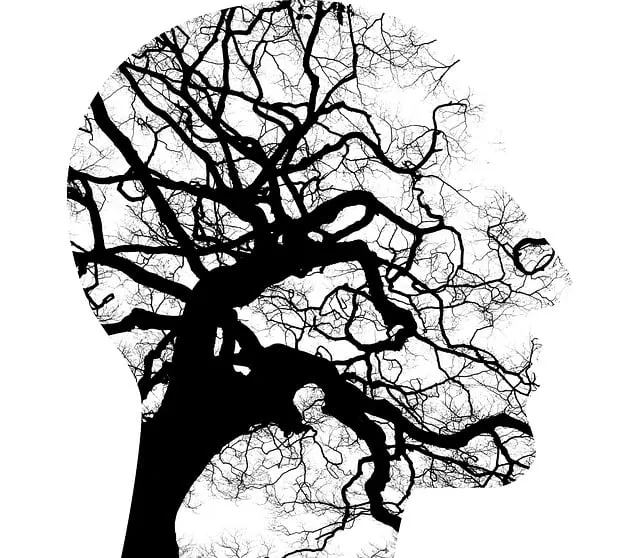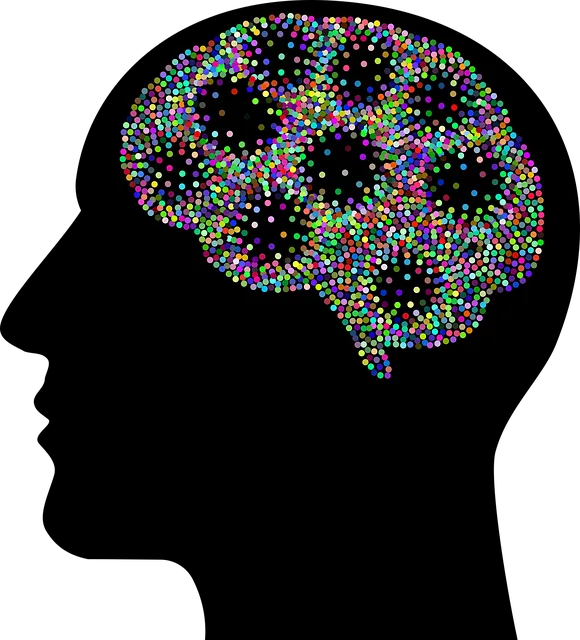Littleton Kaiser Permanente's comprehensive approach to stress management prioritizes empathy, self-awareness, and healthy lifestyle changes. By recognizing overstress through subtle signs like headaches and fatigue, individuals can empower themselves with relaxation techniques and time management. Regular exercise, quality sleep, and a balanced diet rich in omega-3s are key components. The organization's accessible mental health services number offers personalized guidance on self-awareness exercises, mindfulness meditation, proper nutrition, and hydration for stress reduction, catering to diverse cultural preferences. Regular movement is emphasized as a potent stress reducer, contributing to enhanced mental resilience through their education programs.
Stress reduction is a vital aspect of maintaining good mental health, and understanding its impact on our lives is the first step towards finding effective solutions. This article explores various methods to combat overstress, offering practical insights into cultivating a calmer mind. We delve into recognizing stress symptoms and discuss lifestyle changes, including nutrition, exercise, and sleep, as powerful tools for mental wellness. Additionally, mindfulness techniques are highlighted, along with guidance on accessing professional support from Littleton Kaiser Permanente Mental Health Services.
- Understanding Stress and Its Impact on Mental Health
- Recognizing the Signs of Overstress
- Lifestyle Changes for a Calmer Mind
- – 3.1 Nutrition and Hydration
- – 3.2 Regular Exercise
Understanding Stress and Its Impact on Mental Health

Stress is a natural response to demanding situations, but when it becomes chronic, it can significantly impact mental health. It affects our emotional well-being, thought processes, and even physical health. In today’s fast-paced world, many individuals struggle with managing stress levels, often leading to various mental health disorders if left unaddressed. Recognizing the signs and understanding the root causes of stress is the first step towards effective management.
At Littleton Kaiser Permanente mental health services, they emphasize the importance of empathy building strategies and self-awareness exercises to combat stress. By fostering a supportive environment and promoting public awareness campaigns development, these initiatives aim to empower individuals to take charge of their mental well-being. Through these approaches, one can learn to identify triggers, develop coping mechanisms, and enhance overall resilience, ultimately reducing the detrimental effects of chronic stress.
Recognizing the Signs of Overstress

Recognizing when you’re overstressed is a crucial step towards managing and reducing stress levels. Many people often overlook the subtle signs their body and mind are sending, leading to increased anxiety and potential mental health issues. At Littleton Kaiser Permanente mental health services, professionals emphasize that awareness is key. When you feel consistently overwhelmed, it might be an indicator of overstress. This could manifest as physical symptoms like chronic headaches, fatigue, or digestive problems, along with emotional changes such as irritability, difficulty concentrating, or a constant sense of unease.
The Kaiser Permanente mental health team encourages individuals to develop inner strength and utilize mind over matter principles to navigate these signs effectively. By understanding your triggers, you can start to implement strategies for relaxation, time management, and self-care, all of which contribute to fostering mental wellness.
Lifestyle Changes for a Calmer Mind

Adopting lifestyle changes can significantly contribute to achieving a calmer mind and enhancing overall mental well-being. Regular exercise, for instance, releases endorphins that boost mood and reduce stress hormones. Incorporating nature walks or joining a local fitness class could be a great start. Additionally, prioritizing quality sleep is essential; aiming for 7-9 hours nightly allows the brain to rest and reset, improving emotional resilience.
Nutrition plays a vital role too. A balanced diet rich in omega-3 fatty acids, vitamins, and minerals supports brain health and can help manage stress and anxiety. Consider reaching out to the mental health services at Littleton Kaiser Permanente for personalized guidance; their number is readily available online. Self-awareness exercises and mindfulness meditation are also powerful tools. These practices encourage individuals to focus on the present moment, reducing rumination and fostering a sense of inner peace.
– 3.1 Nutrition and Hydration

Proper nutrition and hydration are essential components of stress reduction, as they directly impact our mental wellness. At Littleton Kaiser Permanente, their mental health services number is a trusted resource for individuals seeking support. A balanced diet rich in fruits, vegetables, whole grains, and lean proteins can significantly influence mood and energy levels. Adequate water intake is equally crucial, as dehydration can lead to fatigue and heightened stress.
Cultural sensitivity in mental healthcare practice plays a vital role here, ensuring that dietary recommendations are tailored to individual cultural preferences and restrictions. Mental health education programs design should incorporate nutrition as a key aspect of overall well-being. By promoting healthy eating habits, these initiatives contribute to improved mental wellness and better stress management.
– 3.2 Regular Exercise

Regular exercise is a powerful tool for stress reduction, recommended by mental health professionals like those at Littleton Kaiser Permanente. Engaging in physical activity helps lower stress hormones and releases endorphins, natural mood lifters that can alleviate tension and improve overall well-being. Whether it’s a brisk walk, yoga session, or an intense workout at the gym, incorporating regular exercise into your routine is an effective way to manage stress levels.
Littleton Kaiser Permanente’s mental health services emphasize self-care practices, including regular physical activity, as part of a comprehensive Stress Management and Mental Health Education Programs Design. By prioritizing movement and staying active, individuals can improve their mental resilience and better cope with stressful situations. This simple yet powerful strategy is accessible to everyone and can significantly enhance overall mental health.
Stress reduction is a vital aspect of maintaining good mental health, as highlighted by Littleton Kaiser Permanente’s mental health services. By understanding stress and its impact, recognizing overstress symptoms, and adopting lifestyle changes like proper nutrition and regular exercise, individuals can foster a calmer mind. These methods, when integrated into daily routines, offer sustainable solutions for managing stress and enhancing overall well-being.






